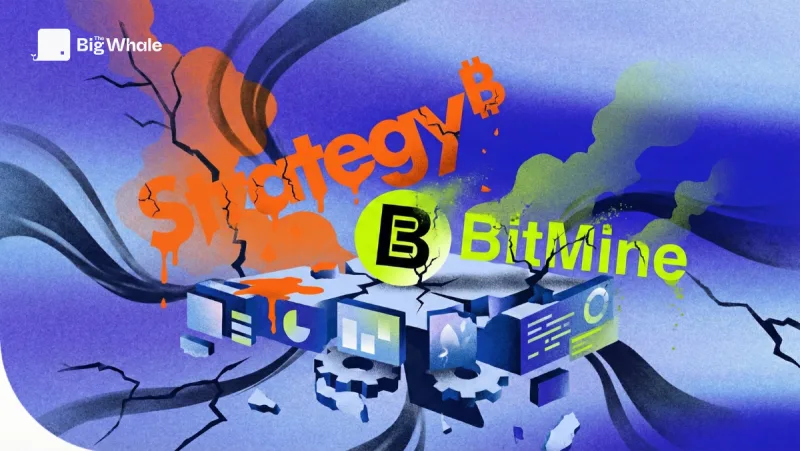TBW - ECB launches 2nd phase of digital euro project

The European Central Bank (ECB) announced on 30 October the launch of a new phase in the digital euro project. After two years of preparatory work, the Eurosystem is now entering the technical phase, designed to prepare for a potential first issue by 2029. If the European regulation is adopted during 2026, pilot tests could begin as early as 2027.
According to the ECB, the development of this future public currency will cost around €1.3 billion between now and 2029, then €320 million a year to operate. These amounts, financed by the Eurosystem, would be comparable to those for the production and management of banknotes. Christine Lagarde, President of the ECB, has defended a project that "guarantees monetary sovereignty, freedom of choice and the protection of Europeans' privacy", presented as a complement to cash in the digital age.
But as the institution moves forward, criticism from the banking sector is mounting. A study commissioned by the European Banking Federation (EBF), the Federation of Cooperative Banks (EACB) and the Savings Bank Group (ESBG), and carried out by PwC in June 2025, paints a very different picture. According to this analysis, the cost of implementing the future digital euro could reach €18 billion for all the banks in the eurozone, or even up to €30 billion in a scenario incorporating the more complex functionalities planned by the ECB (off-line payments, multiple account-holding, multiple intermediation).
Based on a panel of 19 major banks, PwC estimates the average expenditure at €110 million per bank, 75% of which relates to overhauling technical infrastructures: adapting mobile applications, ATMs, payment terminals and compliance systems. The banks estimate that almost half of their qualified human resources would have to be mobilised on the project for several years, to the detriment of their capacity for innovation and commercial development.
For the banks, this future digital euro risks imposing a massive cost for redundant uses. The PwC report warns against the risk of cannibalising existing payment solutions, such as the European Payments Initiative (EPI) or national networks (Bizum, MB Way, Girocard). It also highlights an inequality of treatment: financial institutions will be forced to ensure the distribution and compliance of the digital euro, while the major technology groups could integrate it into their ecosystems at a lower cost.
"This is a public project with private costs", sums up a banker quoted in the study. "The digital euro could weaken the competitiveness of the European sector while strengthening that of the major international platforms."
For the ECB, on the contrary, the digital euro should guarantee universal access to public money and consolidate the resilience of the European payment system. Piero Cipollone, member of the Executive Board and head of the project, defends "a collective effort to ensure the sustainability of the European monetary system".
The fact remains that the debate is taking a political turn: between the promise of European monetary sovereignty and the fear of a hefty bill for the banks, the digital euro project is shaping up to be one of the most sensitive of the decade.



